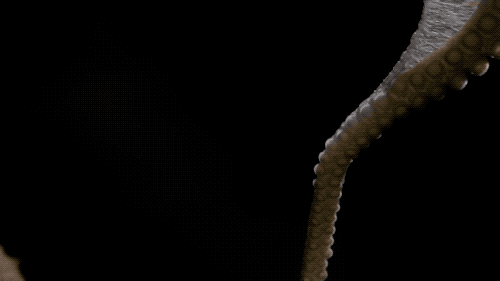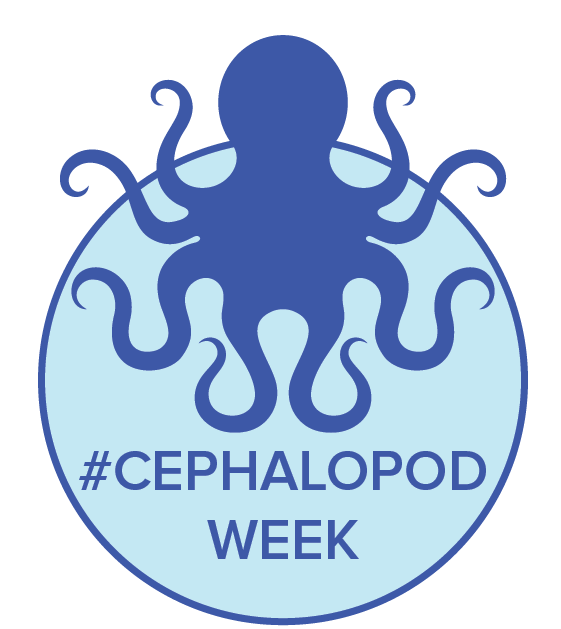In a highly-anticipated experiment, researchers are attempting to decode how the octopus controls its multi-armed mind.
It was in a lab full of marine invertebrates that Dominic Sivitilli first glimpsed something uncanny about the mind of the octopus. Among all those creatures, the octopus “seemed to be studying me as much as I was studying it,” says Sivitilli, a current graduate student in behavioral neuroscience and astrobiology at the University of Washington who works in David Gire’s lab.
“They stand out as an extreme example of intelligence that has evolved along a completely different trajectory as that of the vertebrates,” says Gire, an assistant professor in the department of psychology. His lab studies how different kinds of brains process information, and they are researching how octopuses form neural networks that are completely different from a human.
For example, it takes more time for an octopus’ neurons to fire compared to vertebrates, so it takes longer for information to move from point A to point B, explains Sivitilli. But where those neurons are located is very different—while humans pack many of their neurons in their brain, two-thirds of the octopus’ neurons are distributed across its eight arms, rather than all concentrated in the animal’s head. A dense cluster of neurons controls those arm muscles within the arm itself, says Gire, making the sensory processing as close as possible to the external world.
“You can have a bunch of little individual decisions being made along the arm which don’t necessarily agree with each other,” he says. “This creates a unique form of movement that the octopus is able to possess… they literally can smell and taste with their arms.”

Now, Gire’s lab is experimenting with new methods of studying the octopus’ nervous system. In a first-of-its-kind experiment, researchers are attempting to implant an electrophysiological monitoring device into the brain of a living giant Pacific octopus. Using the conductivity of the sea water itself to power the device, the experiment will combine 3D tracking of the octopus’ movements with the realtime neurological data in an attempt to decode how the animal actually controls its body—and to what degree its arms are autonomous. Gire says that the forthcoming research—scheduled to begin in the next few months—is, in some ways, a “watershed moment in general for science.” It could help researchers understand patterns they hadn’t noticed before, or bring light to how a different neural structure can solve problems.
“We are not the only kinds of intelligence,” says Sivitilli. “But it’s important to consider the diverse forms the mind can take on Earth and in the universe beyond.”
Join Science Friday’s Sea Of Support
With every donation of $8 (for every day of Cephalopod Week), you can sponsor a different illustrated cephalopod. The cephalopod badge along with your first name and city will be a part of our Sea of Supporters!
Credits
Produced by Luke Groskin
Filmed by Ryan Hawk
Edited by Erika Sutter
Music by Audio Network
Additional Footage and Stills by Dominic Sivitilli and David Gire
Related Links
Meet the Producers and Host
About Luke Groskin
@lgroskinLuke Groskin is Science Friday’s video producer. He’s on a mission to make you love spiders and other odd creatures.
About Johanna Mayer
@yohannamayerJohanna Mayer is a podcast producer and hosted Science Diction from Science Friday. When she’s not working, she’s probably baking a fruit pie. Cherry’s her specialty, but she whips up a mean rhubarb streusel as well.
About Erika Sutter
Erika Sutter is an editor and video producer whose work has appear on PBS Nature, National Geographic, and Scholastic.
